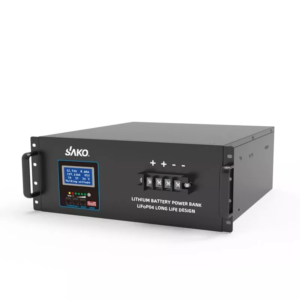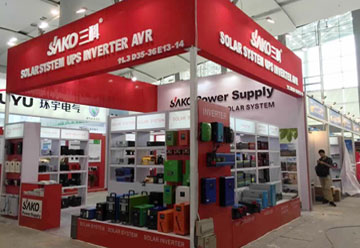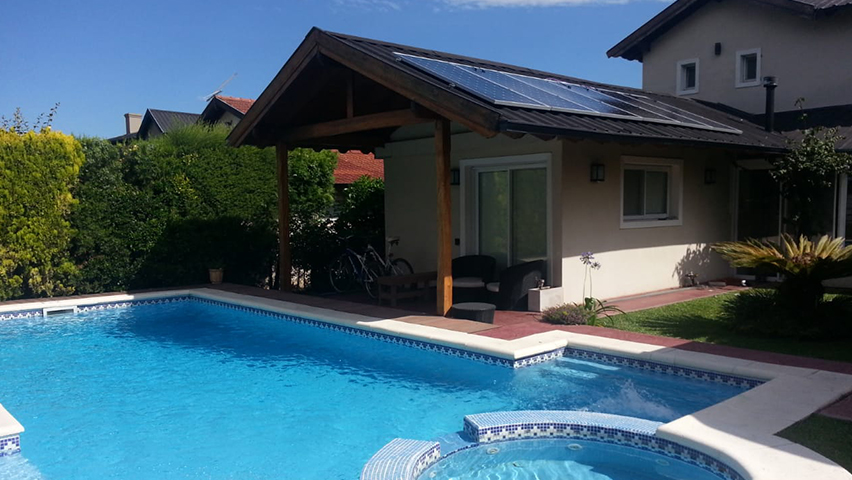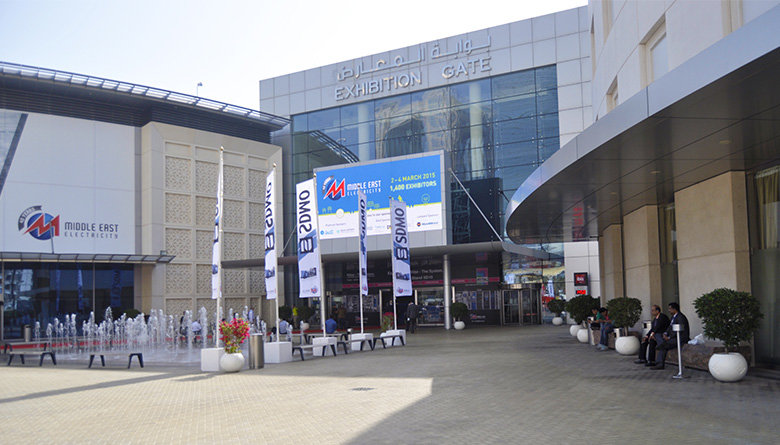In comparison to non-modular lithium-ion batteries, modular lithium-ion batteries are more effective and dependable. Because of these advantages, modular lithium-ion battery technology is swiftly gaining popularity across a wide range of industries.

Modular lithium-ion battery benefits
Using modular lithium-ion batteries has a lot of advantages. If something goes wrong, one of the most crucial features is that they are simple to replace. You won’t have to deal with the inconvenience of having to take your device in for repairs, nor will you have to wait for a new battery to be produced. Since they don’t generate waste during usage, modular lithium-ion batteries are also more environmentally friendly than conventional batteries. Lastly, modular lithium-ion batteries are preferable to regular batteries for systems that need high levels of performance since they are typically more dependable.
An explanation of modular lithium batteries
When a battery can be divided into numerous smaller cells or modules, the battery is said to be modular. As a result, the battery can be used with greater flexibility and efficiency. Being able to be replaced if a module malfunction makes modular batteries more resilient than conventional batteries. The ability to scale up or down the size of modular batteries is another benefit, which might be crucial for systems that need a lot of batteries but cannot house a lot of individual batteries.
Reasons why consider modular lithium-ion batteries
A form of battery called a modular lithium-ion battery stores energy by connecting several cells. Compared to other kinds of batteries, it is, therefore, more adaptable and less complicated to create. Flexibility and adaptability to a range of applications are two of a modular lithium-ion battery’s key benefits.
Flexibility: Because modular lithium-ion batteries may be molded into any size or shape, they are ideal for a variety of applications.
Lithium-ion batteries that are modularly constructed can be modified to fit the demands of a particular application. Devices that need high power, low power, or long-term storage, can thus be utilized.
Durability: Lithium-ion modular batteries are designed to endure longer than other battery kinds. They are more capable of handling more frequent charges and discharges thanks to their increased resilience and flexibility.
Conclusion
As the technology underlying them develops, modular lithium-ion batteries from SAKO are becoming more and more well-liked. Because these batteries may be tailored to fit particular requirements, both consumers and companies can choose the ideal battery for their needs.






